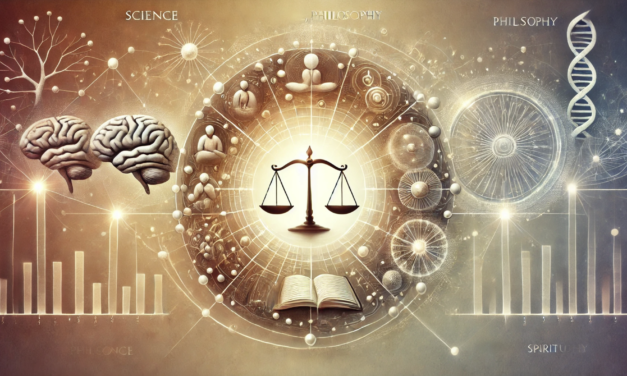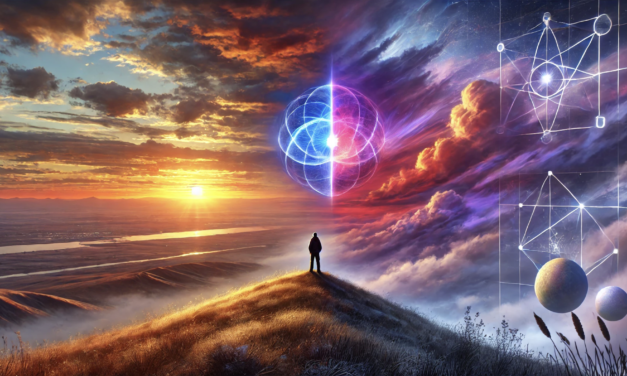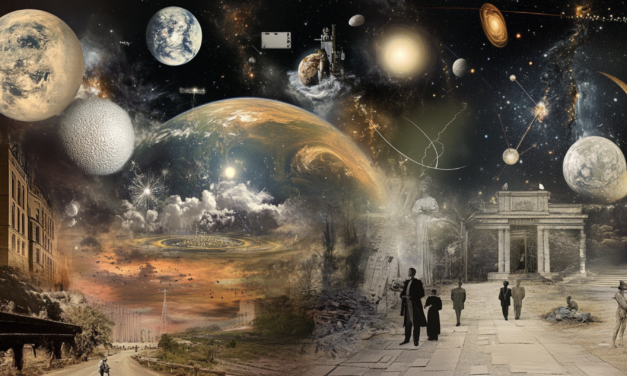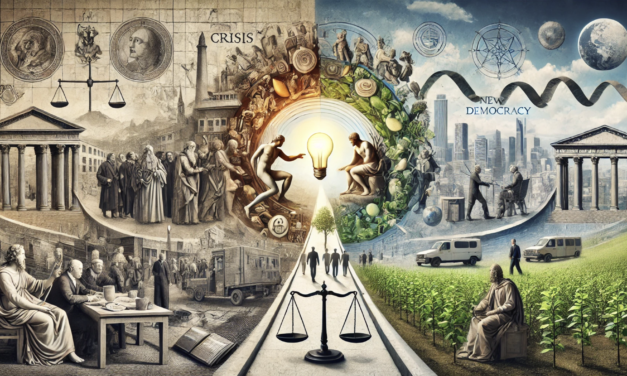2.09: Global Trade
Resources used to support Shepway and District u3a’s Science, Philosophy, and Spirituality Group’s Session 2.09: Global Trade. A look at the non-Eurocentric history of the world between 1600 and 1750, which saw the birth of Capitalism and Globalism.
Read More





